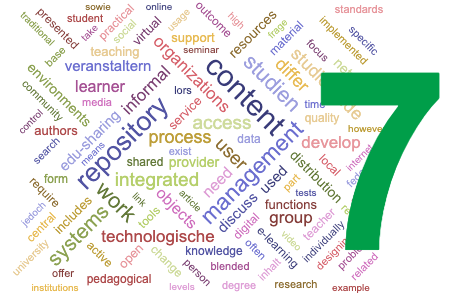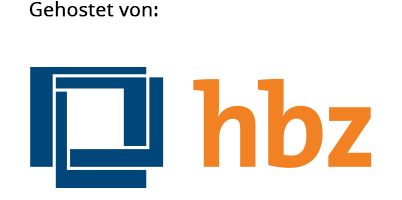Integration of e-learning outcomes into work processes
Keywords:
e-learning, implementation, integration, socio-cultural perspective, MOA-modelAbstract
Three case studies of in-house developed e-learning education in public organizations with different pedagogical approaches are used as a starting point for discussion regarding the implementation challenges of e-learning at work. The aim of this article is to contribute to the understanding of integrating mechanisms of e-learning outcomes into work processes in large, public organizations. The case studies were analyzed from a socio-cultural perspective using the MOA-model as a frame of reference. Although the pedagogical approaches for all of the cases seemed to be relevant and most of the learners showed overall positive attitudes towards the courses, there were problems with integration of the e-learning outcomes into work processes. There were deficiencies in the adaption of the course contents to the local educational needs. There was also a lack of adjusting the local work organization and work routines in order to facilitate the integration of the e-learning outcomes into the work processes. A lack of local management engagement affected the learners’ motivation negatively. Group discussions in local work groups facilitated the integration of the e-learning outcomes. Much of the difficulties of integrating e-learning outcomes into work processes in big organizations are related to the problems with adjusting centrally developed e-learning courses to local needs and a lack of co-operation among among the developers (often IT-professionals) and the Human Resources Department of the organizations.Published
2011-03-21
Issue
Section
Articles



